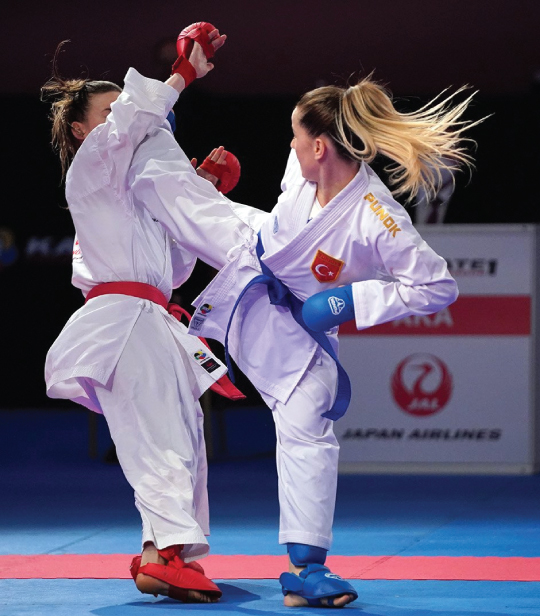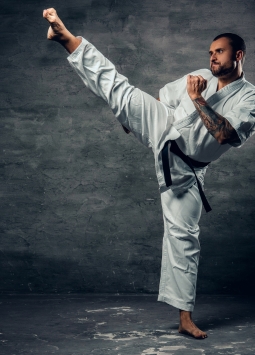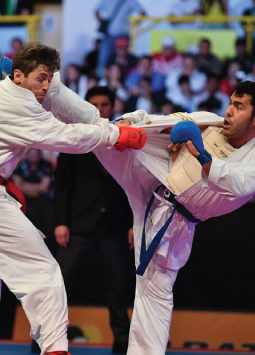


FIGHT PRACTICE
Fight practice, also known as martial arts training, involves the learning and practice of techniques for self-defense or competitive combat. Martial arts encompass a wide range of disciplines, each with its unique techniques, rules, and training methods.
During fight practice, practitioners learn and master various techniques such as strikes (such as punches, kicks, knees, and elbows), blocks, throws, joint locks, submissions, grappling, and ground fighting techniques, depending on the martial art being practiced. Training sessions often focus on physical conditioning, including cardiovascular exercises, resistance training, and bodyweight exercises to improve strength, endurance, flexibility, and agility.
Martial arts training also emphasizes mental discipline and focus. Practitioners learn to develop concentration, self-control, perseverance, and resilience, which can be applied not only in training but also in other aspects of life. The mental aspects of fight practice can also help reduce stress, improve cognitive function, and promote emotional well-being.
Fight practice also promotes discipline and respect. Practitioners are often required to follow strict training protocols, adhere to rules and etiquette, and show respect to instructors, training partners, and opponents. This instills discipline, respect, and good sportsmanship, which can carry over into other areas of life.




